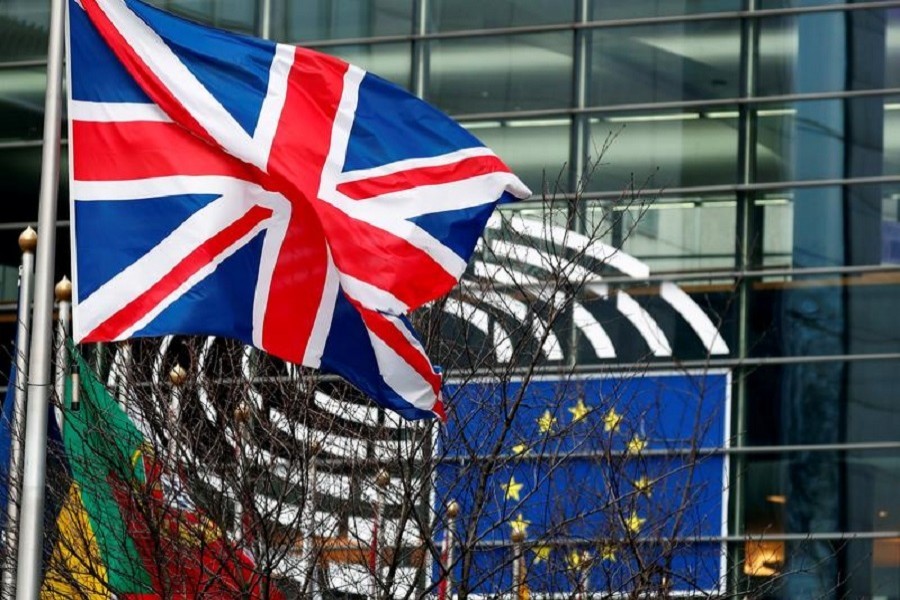If Boris Johnson, the incumbent British prime minister, has spearheaded the Brexit campaign and finally succeeded to take the United Kingdom out of the European Union, his father opposed the move. Stanley Johnson now 80 years old and a former Conservative member of the European Parliament could not make his option known in more certain terms. He has applied for French citizenship and, he confirms, took this ultimate decision on the eve of Britain's formal severance of its ties with the EU. The senior Johnson also voted against Brexit campaign in 2016.
There was no dearth of drama ---and melodrama too ---over Britain's exit from the European Union or in short Brexit. Its first casualty was David Cameron who had to bow out after the Britons voted in favour of pulling out of the EU in a referendum with a 52 per cent majority. Negotiations dragged on and on and at some point Theresa May, Cameron's successor, also had to resign in an emotional farewell. Representing the modernisers in the Tory party, Theresa and her supporters tried their best to stop Boris Johnson and his close associates who are known to be on the right of the party from taking over.
After more than four years marked by strenuous, nervous and at times irritable negotiations, the Brexit deal has finally been accomplished just before the New Year 2021 and at a time when many of the European countries, including Britain, have been reeling from a fresh surge of Covid-19 with a new variant of the disease posing a far greater threat during this second wave than before.
Now that Britain has pulled out with the Brexit deal clinched by his son, Stanley Johnson has decided to act and prove his European identity as against mere British bona fides. On this count, his maternal French connection is likely to help. His mother was born in France and to a genuine French woman. So there is every likelihood that his application will receive sympathetic considerations.
However, his son Jo Johnson and daughter Rachel Johnson, a former Conservative MP and a journalist respectively, made their choices much earlier. Jo resigned from the cabinet in 2018 to express his solidarity with the EU supporters and Rachel left the Conservative Party to join the Liberal Democrats. Aghast, their father has now decided to live in France.
This is how political rifts can have lasting impact on a family in a queer way. If the prime minister's family thus gets divided, what about the millions of other families, particularly when the margin of win for the Brexiters is narrow? Elections never reflect tears and pains, frustration and sacrifices of people in the defeated camp. Who knows whether the winners will not be on the wrong side? What collectively has to be accepted as a principle of democracy, may not lead to collective good. What looks correct at a crucial juncture of history may prove irrelevant or unsubstantial at some point of time when conditions will change radically.
Senior Johnson and Boris Johnson's two siblings are intelligent enough to favour closer links with the EU and reject their isolation from the wider European unity. Britain's solo journey may be paying for the time being but its wider ramification in the future may not be equally beneficial. If family rifts can be so wide, the nation cannot avoid its collective impacts. Father and son stay pole apart in their views on the relations between Britain and the EU. Many more Eurosceptics and EU supporters within families will find themselves glowering at each other.
When politics drives a prime minister's father to change nationality and country of residence, one cannot help being concerned. At the same time others will argue that this is the beauty of democracy. Everyone has the right to express everyone's views and choose a course to everyone's liking. Sounds good as long as neither party becomes overbearing.


